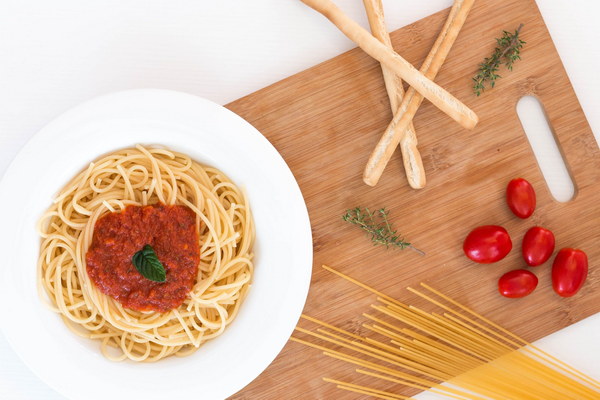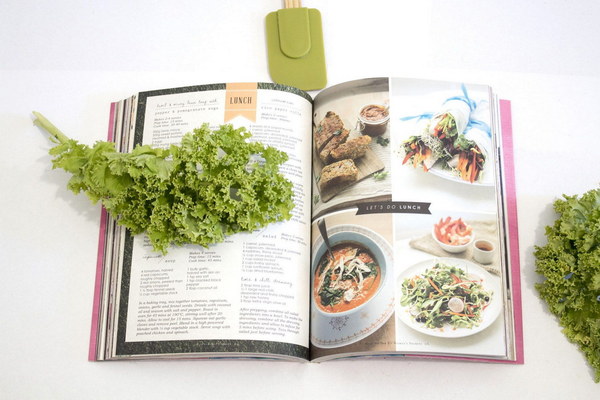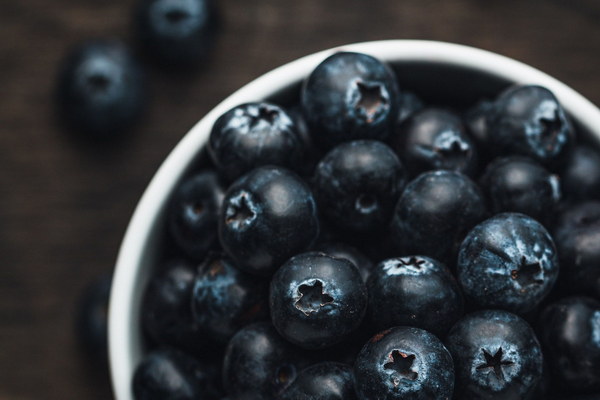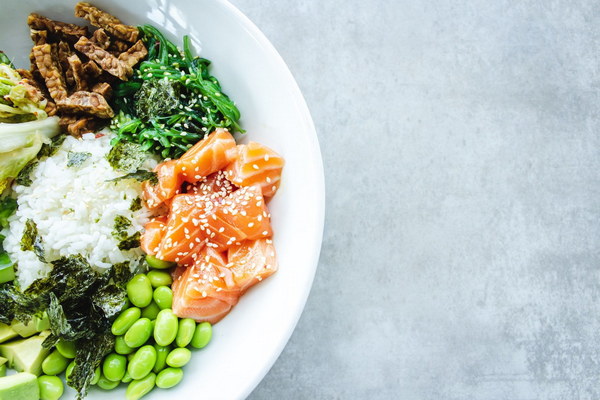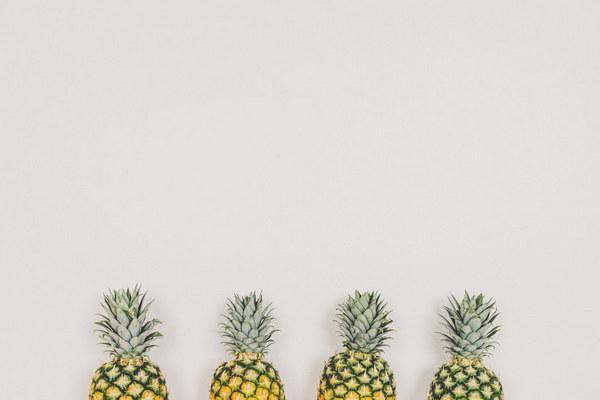Natural Remedies Harnessing the Power of Herbs to Clear Phlegm and Cool Lung Heat
In the realm of traditional Chinese medicine, herbs have been used for centuries to address a wide range of health issues. One of the most common concerns is the presence of phlegm and heat in the lungs, which can lead to respiratory conditions such as cough, sore throat, and difficulty breathing. This article explores the benefits of using herbs that have been traditionally used to clear phlegm and cool lung heat, providing a natural remedy for those suffering from these ailments.
Phlegm and lung heat are two interconnected factors that can manifest in various respiratory issues. Phlegm, or turbid qi, is a sticky substance that accumulates in the lungs, often due to an excess of dampness and heat. When this phlegm combines with heat, it can lead to symptoms such as a persistent cough, throat discomfort, and difficulty breathing. To alleviate these symptoms, traditional Chinese medicine emphasizes the use of herbs that can both clear phlegm and cool the lung heat.
One such herb is Houttuynia cordata, commonly known as fish maw herb or liverleaf plant. This herb has a long history of use in traditional Chinese medicine, primarily for its ability to clear heat, reduce swelling, and expel phlegm. Houttuynia cordata is often combined with other herbs to create a synergistic effect, making it a powerful ingredient in formulas designed to treat respiratory issues.
Another well-known herb for clearing phlegm and cooling lung heat is Platycodon grandiflorus, or Chinese bellflower. This herb has a sweet and cold nature, making it ideal for dispelling heat and phlegm from the lungs. Chinese bellflower is commonly used in combination with other cooling and diaphoretic herbs, such as Scutellaria baicalensis (Chinese skullcap) and Forsythia suspense (forsthyia), to enhance its therapeutic effects.
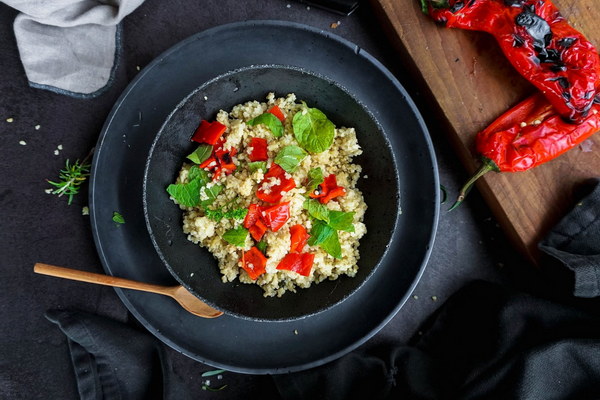
Gynostemma pentaphyllum, also known as Jiaogulan, is another herb that has been traditionally used to clear phlegm and cool lung heat. This herb is known for its adaptogenic properties, which can help the body cope with stress and improve overall health. Gynostemma pentaphyllum is often used in combination with other respiratory herbs to provide a comprehensive approach to treating respiratory conditions.
When it comes to using these herbs, it's important to remember that traditional Chinese medicine emphasizes the concept of holistic treatment, which takes into account the individual's overall health and constitution. As such, it's crucial to consult with a qualified herbalist or healthcare provider before starting any herbal treatment regimen.
In addition to these herbal remedies, there are several lifestyle and dietary recommendations that can help alleviate the symptoms of phlegm and lung heat:
1. Stay hydrated: Drinking plenty of water can help thin the mucus in the lungs, making it easier to expel.
2. Avoid irritants: Smoking, exposure to dust, and other irritants can exacerbate respiratory issues. Minimize exposure to these factors whenever possible.
3. Practice good hygiene: Regular hand washing can help prevent the spread of respiratory infections.
4. Stay warm: Keeping the body warm can help prevent the onset of respiratory conditions.
5. Adopt a healthy diet: A diet rich in fruits, vegetables, and lean proteins can support overall health and help the body fight off infections.
In conclusion, the use of herbs to clear phlegm and cool lung heat has been a staple in traditional Chinese medicine for centuries. By incorporating these natural remedies into one's healthcare routine, individuals can experience relief from respiratory symptoms and enjoy improved overall health. Always consult with a healthcare provider before starting any new treatment, and remember that a holistic approach to health is key to long-term wellness.



